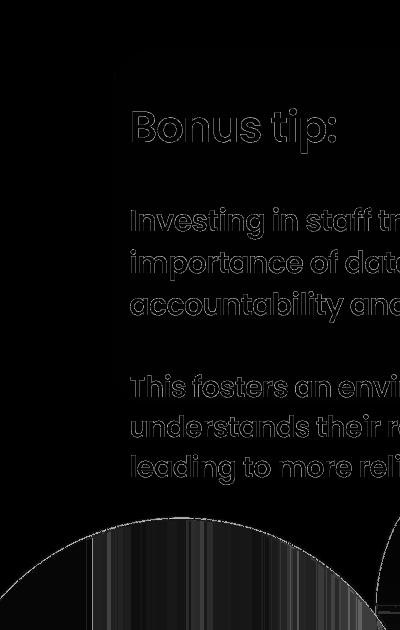
The term «dump shop» might sound outdated, but the underlying concept – the resale of pre-owned goods – is experiencing a dramatic resurgence. What we once considered simply thrift stores or secondhand shops are rapidly evolving, becoming key players in the future of retail and a vital component of a more sustainable shopping landscape. This article explores the exciting predictions and trends shaping the future of these businesses, now more accurately termed resale markets.
Driven by a confluence of factors, the resale market is booming. Consumer behavior is shifting towards greater value consciousness and a heightened awareness of sustainability trends. Concerns about fast fashion’s environmental impact and the desire for unique, affordable finds are fueling demand for pre-owned goods. This aligns perfectly with the principles of the circular economy, minimizing waste and maximizing the lifespan of products.
This growth isn’t confined to physical locations. Online resale platforms and ecommerce are transforming the way people buy and sell used items. Platforms like eBay, Poshmark, and Depop have created vast digital marketplaces, expanding the reach of the resale market significantly.
Key Trends Shaping the Future:
- Enhanced E-commerce Integration: Expect more seamless integration between online and offline resale experiences. This includes features like online inventory browsing, virtual try-ons (for clothing), and click-and-collect options.
- Specialization and Curated Collections: Instead of a general mix of used goods stores, we’ll see more specialized shops focusing on niche markets, like vintage clothing, antique furniture, or specific brands. Consignment shops are already leading the way in this trend.
- Technology in Retail: AI-powered inventory management systems will optimize pricing and stock levels, while sophisticated search and recommendation engines will enhance the online shopping experience. Technology in retail is improving efficiency and profitability.
- Sustainability as a Brand Differentiator: Consumers are increasingly seeking out businesses with strong ethical and environmental credentials. Highlighting the sustainable shopping aspect, emphasizing upcycling and recycling initiatives, will be crucial for attracting customers.
- Community and Experience: Resale businesses will increasingly focus on creating a community around their brand. This could involve hosting workshops, upcycling events, or simply creating a welcoming and engaging in-store experience.
- Supply Chain Optimization: Efficient and ethical supply chain management will become increasingly important, particularly for businesses dealing with large volumes of donated or consigned goods.
Market Analysis and Profitability
The economic impact of the resale market is substantial and growing. For businesses, the potential for profitability is significant, especially with effective inventory management strategies. However, challenges remain, including the need for careful quality control, effective pricing, and managing fluctuations in supply.
A comprehensive market analysis is crucial for success. Understanding local demographics, competitor analysis, and pricing strategies are key factors to consider. This includes analyzing the success of different business models, such as thrift stores, charity shops, donation centers, flea markets, and antique stores.
The Future is Circular
The future of «dump shops» is bright. By embracing technology, focusing on sustainability, and building strong communities, these businesses are poised for significant growth. They are not just about selling vintage clothing or pre-owned goods; they are at the forefront of a global shift towards a more circular and sustainable economy.
The transformation of these businesses reflects a broader change in business trends and retail trends. The success of the resale market demonstrates the growing power of conscious consumerism and the potential for businesses to thrive while contributing to a healthier planet.

As someone who’s always been conscious of the environmental impact of my shopping habits, I’ve been increasingly drawn to the resale market. This article’s prediction about enhanced e-commerce integration really resonated with me. I recently used an online platform to buy a gently used laptop, and the entire process, from browsing to delivery, was seamless and efficient. It was a great experience, and I saved a significant amount of money.
I recently visited a local resale shop that perfectly embodies the trends described in this article. The selection was incredibly curated, focusing on vintage clothing, and the online inventory made browsing a breeze. I found a beautiful, unique dress that I wouldn’t have found anywhere else, and the whole experience felt far more upscale than a traditional thrift store. I’m definitely a convert!
I’ve been using online resale platforms for years, but I’m excited by the prospect of more specialized shops as mentioned in the article. I’m particularly interested in the rise of curated collections of vintage furniture. The convenience of online browsing combined with the ability to physically inspect items in a specialized store sounds ideal. I’m looking forward to seeing more of these types of businesses emerge in my area.